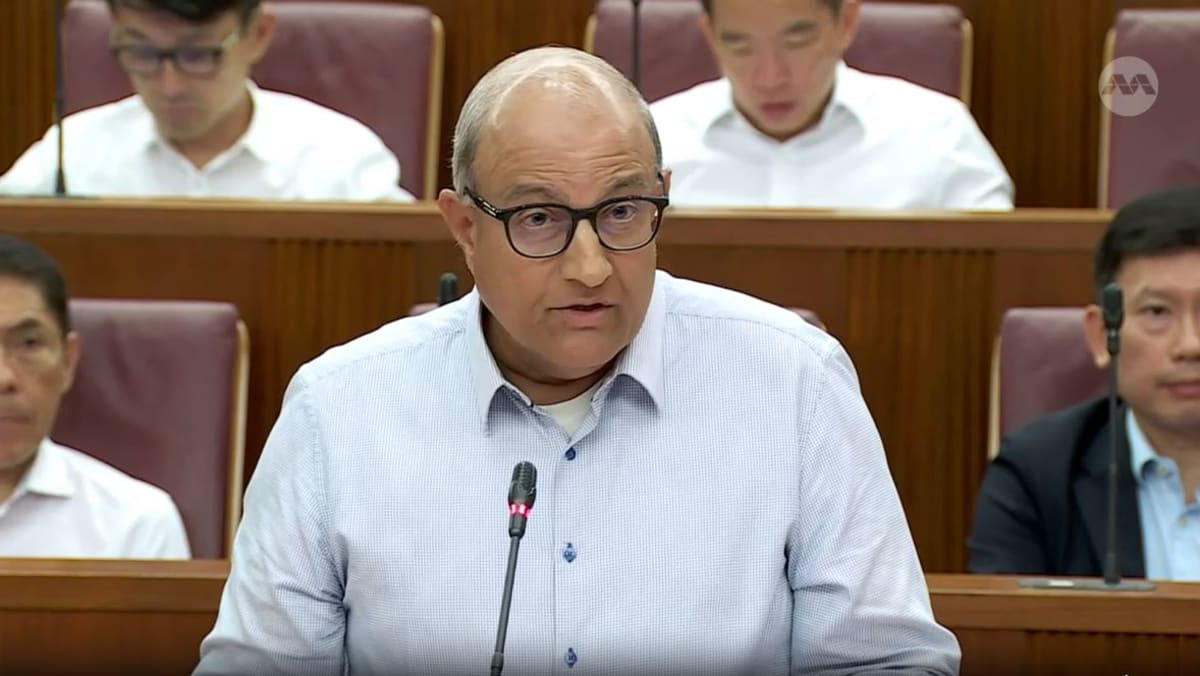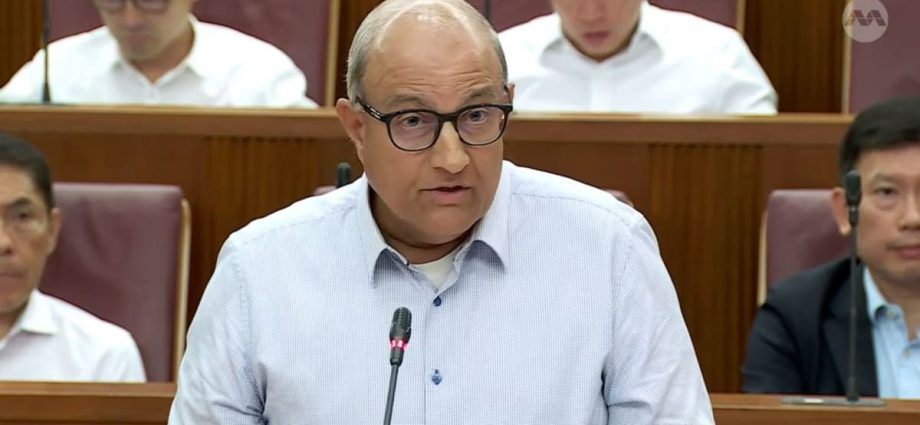
Responding to the questions on COEs for private hire cars, Mr Iswaran said that for the last four years, the number of private hire cars has remained at about 10 per cent of the total car population and has averaged around 70,000 since 2019.
“While COE prices have been rising over the past several quarters, demand from PHC companies has in fact been moderating,” said Mr Iswaran.
The minister added that shared transport, including car-sharing services, allows for more efficient and inclusive use of roads, as compared with individually owned private cars. He thus cautioned against imposing any “arbitrary cap” on the private hire car population.
“That said, PHCs are a relatively new development … and COVID-19 has caused some disruption in the market. We are studying this further to ascertain the effect of PHCs, if there is any impact, on the market,” Mr Iswaran said.
SMOOTHENING COE SUPPLY
Addressing questions on improving the COE system for both cars and motorcycles, Mr Iswaran pointed to how the system has been adjusted over time.
“On the whole, the system continues to serve our policy objective of efficiently allocating the limited supply of COEs,” he said.
In response to questions from two MPs, Mr Iswaran said that the proportion of car COEs secured by foreigners remains low – at less than 3 per cent – and has not changed significantly over the years.
He also gave statistics about households that own multiple cars, saying that over the past decade, the proportion has been steadily declining from about 19 per cent of households in 2012 to less than 15 per cent today.
He said last November that of the 471,000 households that own cars, 12 per cent own two cars and less than 3 per cent own three or more cars.

